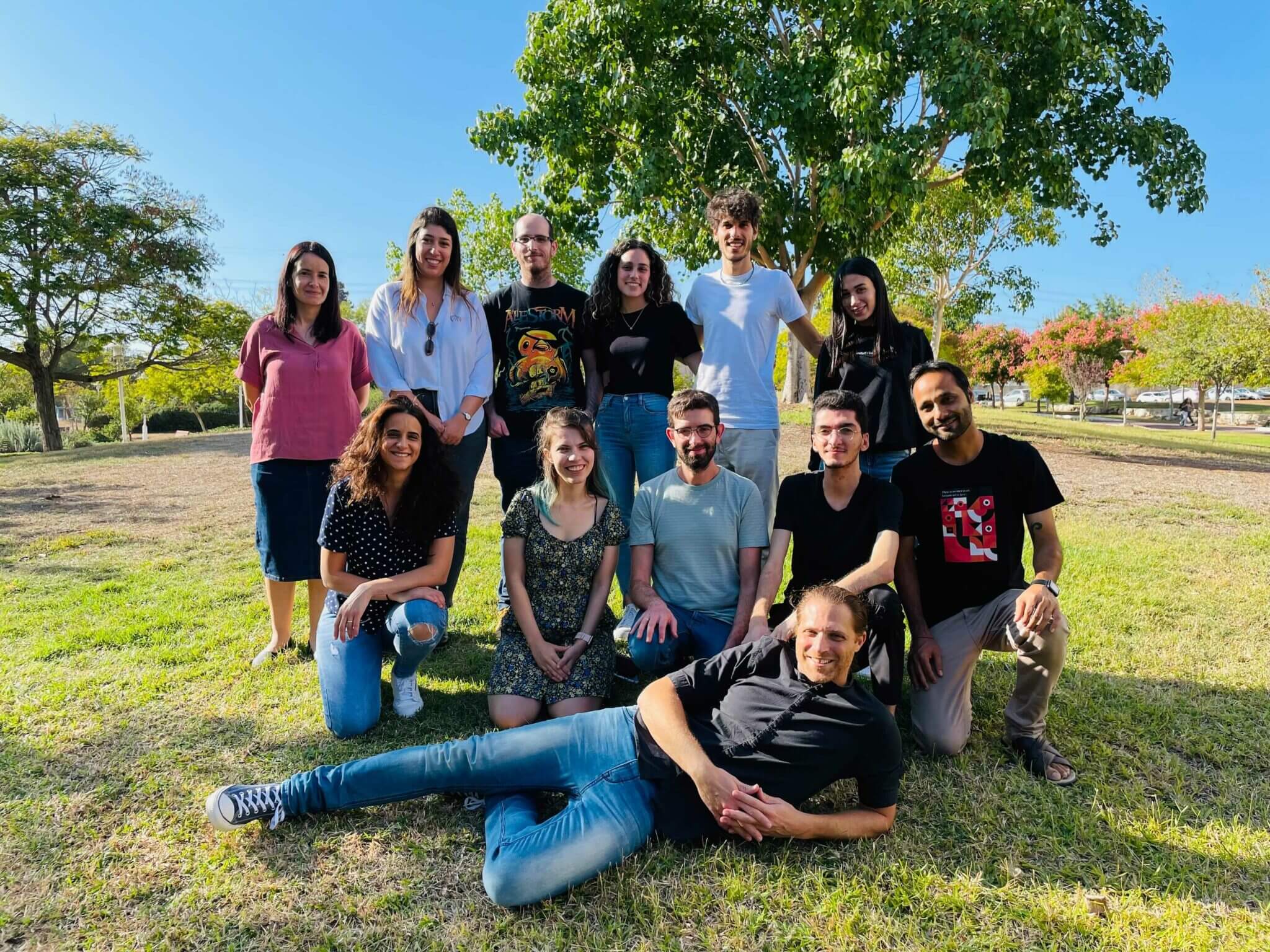Between the fetus and the mother: pregnancy that damages the mother's brain

The field of neuroimmunology deals with the connection between the immune system and the brain and cognitive functions, in healthy and sick states. The brain is isolated from the blood system by the blood-brain barrier (Brain-Blood Barrier - BBB), therefore, until about 20 years ago, it was thought that the cells of the immune system could not enter it, and that there was no connection between them. With the development of neuroimmunological research, it became clear that this is not the case and that the immune system can even be mobilized to heal the brain from degenerative diseases such as Alzheimer's. In addition, it was found that there are immune cells in the central nervous system as well, and that they are involved in cognitive processes. What is the question? Do proteins that pass from a fetus with Down syndrome to its mother increase the risk that the mother will develop Alzheimer's disease?
Alzheimer's disease is associated with an abnormal accumulation of two proteins: the amyloid beta protein that sinks between the brain cells (neurons) and the tau protein that sinks inside them. This deposition causes the release of toxic substances that cause the destruction of the brain cells and the creation of inflammation around them, thus impairing interneuronal communication and cognitive abilities such as memory, learning and spatial orientation.
Prof. Eitan Okon from the Multidisciplinary Brain Research Center at Bar-Ilan University and his team research the field of neuroimmunology and degenerative brain diseases such as Alzheimer's. Says Prof. Okon: "There are immune cells in the brains of Alzheimer's patients, because the toxic protein deposits there cause chronic inflammation. But since these cells are constantly in an inflammatory environment, they fail to function and break down these deposits. Thus, brain cells begin to die and cognitive decline occurs. Our goal is to find ways to prevent this."
It is known that one of the risk factors for Alzheimer's is Down syndrome. Because, chromosome 21 (of which those with the syndrome have three copies instead of two), contains a gene that encodes the information needed to produce the amyloid beta protein. This increases the risk of those with the syndrome for a large accumulation of this protein in the brain and for the development of Alzheimer's from the age of 40.
In the past it was found that women who were pregnant with a fetus with Down syndrome have a high chance of getting Alzheimer's (five times the risk of women with a healthy fetus), even if they had an abortion. In their latest study, Prof. Okon and his team decided to examine the reason for this. Their hypothesis was that proteins that pass from the blood of the fetus with the syndrome, to the blood of the mother, during pregnancy, are the ones that increase the risk of developing Alzheimer's in her. It is known that one of the risk factors for Alzheimer's is Down syndrome. Because, chromosome 21 (of which those with the syndrome have three copies instead of two), contains a gene that encodes the information needed to produce the amyloid beta protein. This increases the risk of those with the syndrome for a large accumulation of this protein in the brain and for the development of Alzheimer's from the age of 40.

To test the hypothesis, the researchers paired female mice four times with mice that carry a gene that codes for an amyloid precursor protein, one of whose cleavage products is amyloid beta. At the same time, female mice were paired with mice that do not carry the problematic gene (control group). The mice fertilized four times. Those in the experimental group fertilized embryos that carried the gene that causes the production of amyloid beta. After the fourth pregnancy, the researchers extracted proteins and genetic material (DNA and RNA) from the brain and other tissues, and discovered the presence of the amyloid that came from the fetus. This protein was not detected in the control mice. The two groups of mice were then given cognitive tests, for example of short- and long-term memory and spatial orientation (for example, they taught them to reach a certain place and then measured how long it took them to find it, or checked if they knew how to differentiate between a new object and an old one). It was found that the cognitive ability of the experimental mice was significantly lower than that of the control mice. Now the researchers - in research that won a grant from the National Science Foundation - are trying to deepen their understanding of the mechanism of these processes.
Life itself:
Prof. Eitan Okon, 42 years old, married + five children (ages 7 to 14), lives in Kibbutz Alumim in the Gaza Strip. In addition to being a researcher, he is engaged in making science accessible to the general public, among other things on his Facebook page and YouTube. "Nowadays, a lot of research is done in academia, but the general public is hardly exposed to it," says Prof. Okon. "In my opinion, it is important that reliable scientific information reaches as many people as possible, certainly now, when we are in a global crisis."
